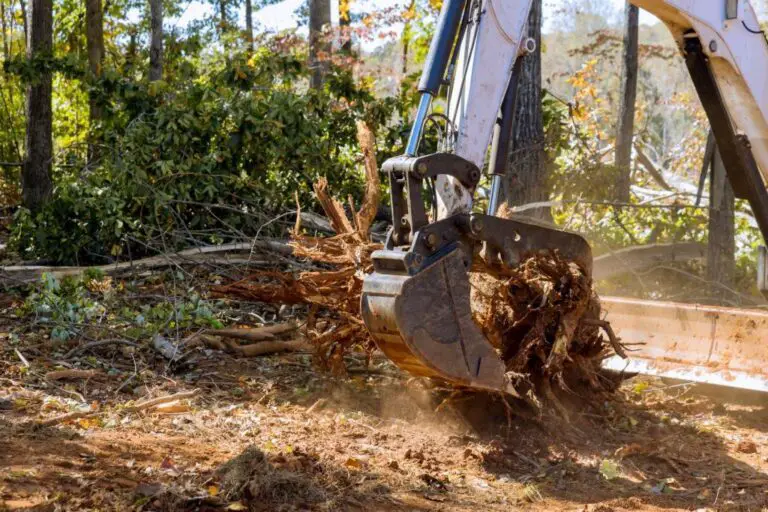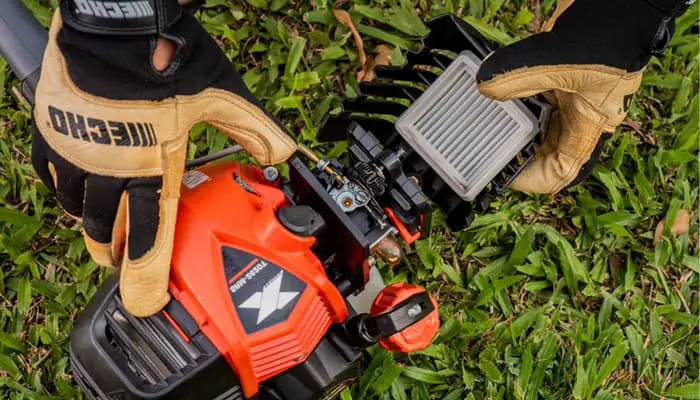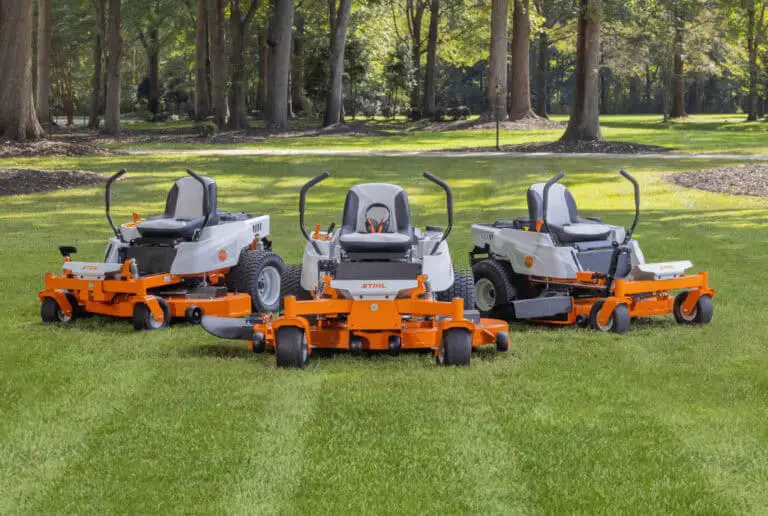How Much Does A Lawn Mower Weigh? Know Before You Buy
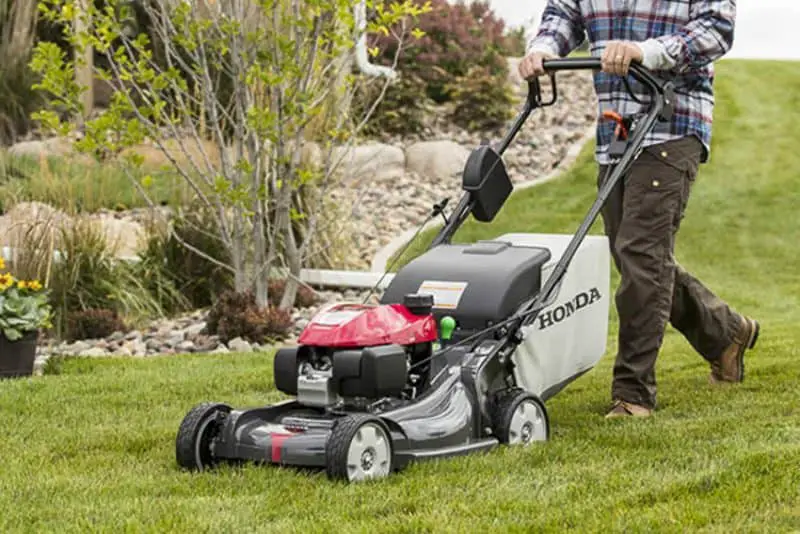
If you’re gearing up to tackle your lawn, one of the first decisions you’ll face is choosing the right lawn mower. Sure, you’ve probably thought about the mower’s features—whether you want gas or electric, how powerful the engine should be, or the kind of cut you’re looking for. But have you ever considered how much your mower actually weighs?
I know, it might not sound like a deal-breaker at first. Trust me, the weight of a lawn mower significantly influences your mowing experience. It impacts the ease of maneuverability, cutting performance, and even the duration before fatigue sets in. Let’s dive into the different factors that determine how much your lawn mower will weigh and why it matters when making your decision.
Types of Lawn Mowers and How They Stack Up in Weight
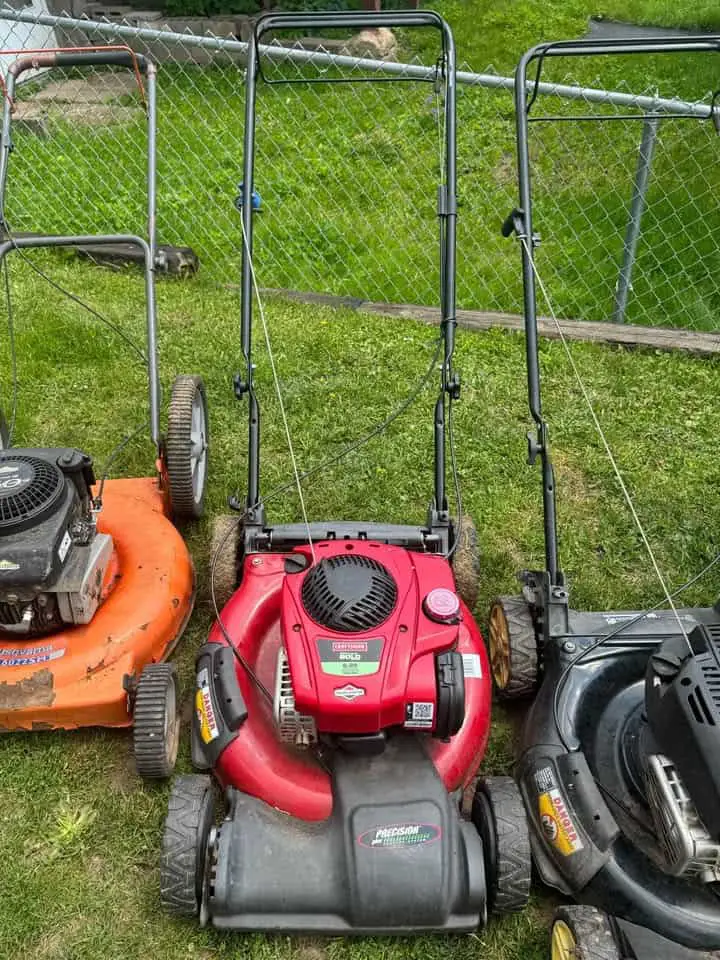
The first thing to consider when it comes to the weight of a lawn mower is the type of mower you’re looking at. You’ve got your push mowers and your riding mowers—two very different beasts in terms of both performance and weight.
Push Mowers: Light on the Feet, Heavy on Effort
Push mowers, or walk-behind mowers, are often the go-to choice for smaller lawns. These mowers rely on you to push them across the yard, which means they tend to be on the lighter side, anywhere from 30 to 80 pounds. The lighter weight makes them more manageable, especially for people with smaller yards or those who don’t want the hassle of handling a beast of a machine.
But don’t let their lightness fool you—push mowers still get the job done. They’re perfect for tight spaces, smaller yards, and people who don’t mind breaking a little sweat to keep their lawn looking pristine.
Riding Mowers: Powerhouse of Lawn Care
On the flip side, we’ve got riding mowers, which are designed to handle larger lawns. These motorized mowers are a whole different ball game. You’re not pushing these across the yard; you’re driving them like a mini-tractor. The downside? They weigh a lot more—up to 800 pounds or more depending on the model.
The weight of riding mowers is driven by their larger engines, heavier frames, and the added components that make them so efficient for bigger jobs. They’re built to last and power through larger properties, but if you’re thinking of storing one in a tight garage or shed, make sure you’ve got the space!
| Check out: 5 Lawn Mower Brands To Avoid |
What Influences the Weight of a Lawn Mower?
A mower’s weight isn’t just a byproduct of its size or type. Several factors play into how heavy—or light—it ends up being. Let’s break it down:
1. Material Matters
One of the biggest factors influencing the weight of a lawn mower is the material it’s made from. Mowers can be crafted from a variety of materials, and it’s usually a balancing act between weight and durability.
- Steel: Steel mowers tend to be heavier, but they’re also more durable. If you’re after a mower that’s going to last, steel might be your best bet, though you’ll have to deal with the added weight.
- Aluminum: On the other hand, aluminum mowers are lighter, making them easier to maneuver. They may not be as durable as steel, but for some homeowners, the ease of use outweighs the sturdiness factor.
2. Engine Power and Deck Size
The engine’s power and the mower’s cutting deck size also significantly impact the weight. The more powerful the engine, the heavier the mower tends to be. Similarly, a wider cutting deck requires more material to build, adding to the weight.
For riding mowers, this is especially true. Mowers designed for large lawns often feature wider cutting decks (up to 54 inches or more) and larger engines, making them much heavier than their push mower counterparts.
3. Additional Features
Think about the extras on a mower—self-propulsion, variable speed controls, even cup holders. The more features you have, the more parts there are to add weight. While these features might make your mowing experience smoother, they can also weigh you down a bit.
The Functional Impact of a Mower’s Weight
So, you’ve figured out that a mower’s weight is influenced by size, materials, and features. But what does all this mean for you as a homeowner? Does a heavier mower mean better performance, or does it just add to your burden?
1. Heavier Mowers = Stability and Smooth Cuts
In general, the heavier the mower, the more stable it tends to be. Heavier mowers also offer a smoother cut, especially on uneven ground. They don’t bounce around as much, which can give you a cleaner, more even lawn. If you have a larger yard with lots of bumps and divots, you’ll appreciate the stability that comes with a heavier mower.
2. Lighter Mowers = Easier to Maneuver
A lighter mower is the ideal choice if you have a smaller lawn or are working in tight spaces. It’s easier to push, and you won’t break your back trying to navigate around obstacles like trees, flower beds, or garden statues. Lighter mowers also tend to be more portable, which is a huge plus if you need to store them in a small shed or carry them around the yard.
However, keep in mind that lighter mowers may be work fast. But it may not always be as stable, especially on uneven ground, and they might not have the cutting power of heavier models. They’re perfect for flat lawns but may struggle with thicker, taller grass.
| Read: How To Fix Lawn Mower Not Running At Full Power |
Choosing the Right Mower Weight for Your Yard
The weight plays a major role in selecting the perfect mower for your needs. It’s all about finding the right balance between comfort, efficiency, and the demands of your lawn. Let’s talk about how to make that choice.
1. Small to Medium Yards: Light Push Mowers
If your yard is on the smaller side, or if you don’t mind a bit of exercise, a lightweight push mower is your best bet. These are easy to maneuver, easy to store, and they don’t require a lot of maintenance. They’re ideal for homeowners with smaller lawns, and they’re usually more affordable than riding mowers.
2. Large Yards: Heavy Riding Mowers
For larger yards or properties with uneven terrain, you’ll want a heavier riding mower. These machines are built for efficiency, and they’ll help you get the job done quickly and comfortably. Sure, they’re more difficult to maneuver in tight spaces, but they make up for that with power, speed, and versatility.
Final Thoughts: Finding Your Perfect Fit
When all is said and done, choosing the right mower for your lawn isn’t just about how much it weighs—it’s about what’s going to work best for your yard and your needs. Do you need a mower that’s easy to push through tight spaces, or do you need something that can handle large expanses of grass without breaking a sweat?
The weight of a lawn mower is definitely a factor to consider, but don’t forget to think about the size of your lawn, the terrain, and how much effort you’re willing to put into the job. After all, a mower is a tool that’s meant to make your life easier, not harder.
Happy mowing!




